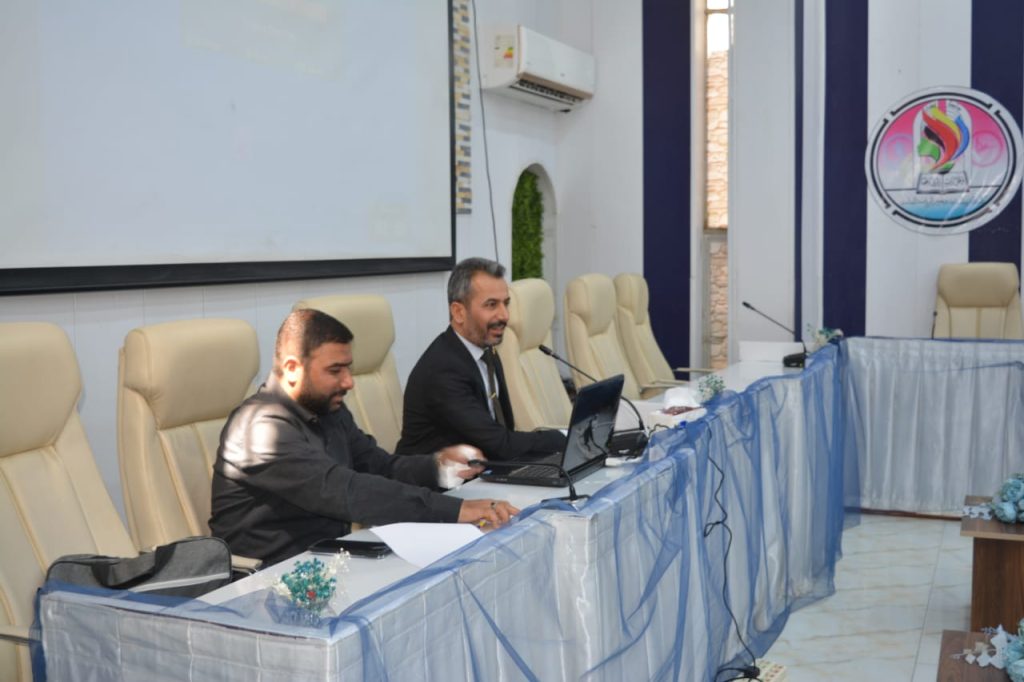The Continuing Education Unit at the College of Physical Education and Sports Sciences for Girls at the University of Baghdad organized a training course titled (Financial Analysis and Its Impact on Strategic Decision-Making). The course was presented by Asst. Lect. Safaa Mahmoud from the Department of Theoretical Sciences, in collaboration with Asst. Lect. Ahmed Raad from the Department of Auditing and Internal Control at the university presidency.
The course covered several key topics, emphasizing the importance of financial analysis as a tool for assessing the financial position of economic units over a specific period. This analysis provides essential information for decision-making and institutional performance evaluation by comparing past and current activities. The lecturers explained that financial analysis plays a crucial role in strategic planning by setting financial goals, assessing the economic feasibility of projects, selecting optimal funding sources, and improving resource allocation efficiency.
Additionally, the concept of strategic decision-making was discussed, highlighting its role in creating a sustainable competitive advantage by choosing a distinct market position. The main types of strategic decisions include growth and expansion decisions, restructuring and reorganization decisions, and competitive differentiation strategies. The lecturers outlined the six stages of the decision-making process: Analyzing the internal and external environment, Defining strategic objectives, Developing alternatives, Evaluating options and making decisions, Implementing the decision, and Monitoring and evaluation.
The course also focused on analyzing key financial statements, such as the balance sheet, which includes assets, liabilities, and equity, and the income statement, which details revenues, cost of sales, operating expenses, and net profit. Additionally, the cash flow statement, which covers operating, investing, and financing activities, was discussed.
The lecturers highlighted the role of financial analysis in supporting expansion and investment decisions, improving cost management and pricing, mitigating financial risks, and evaluating the performance of various branches and departments. They emphasized that these skills contribute to enhancing institutions’ strategic capabilities.
This course aligns with Sustainable Development Goal 4 (SDG 4): Quality Education, which aims to improve competencies and support sustainable strategic decision-making.
